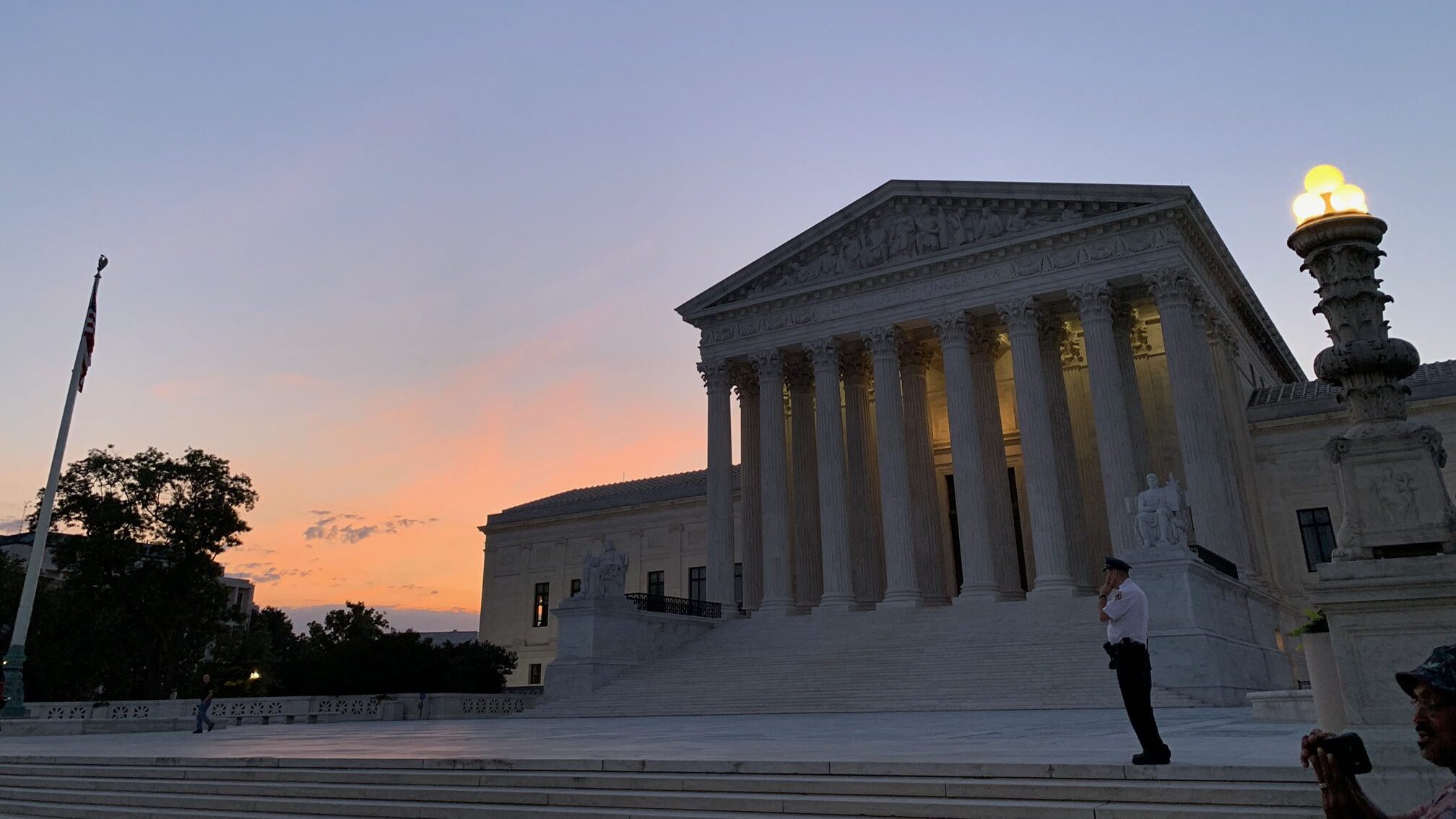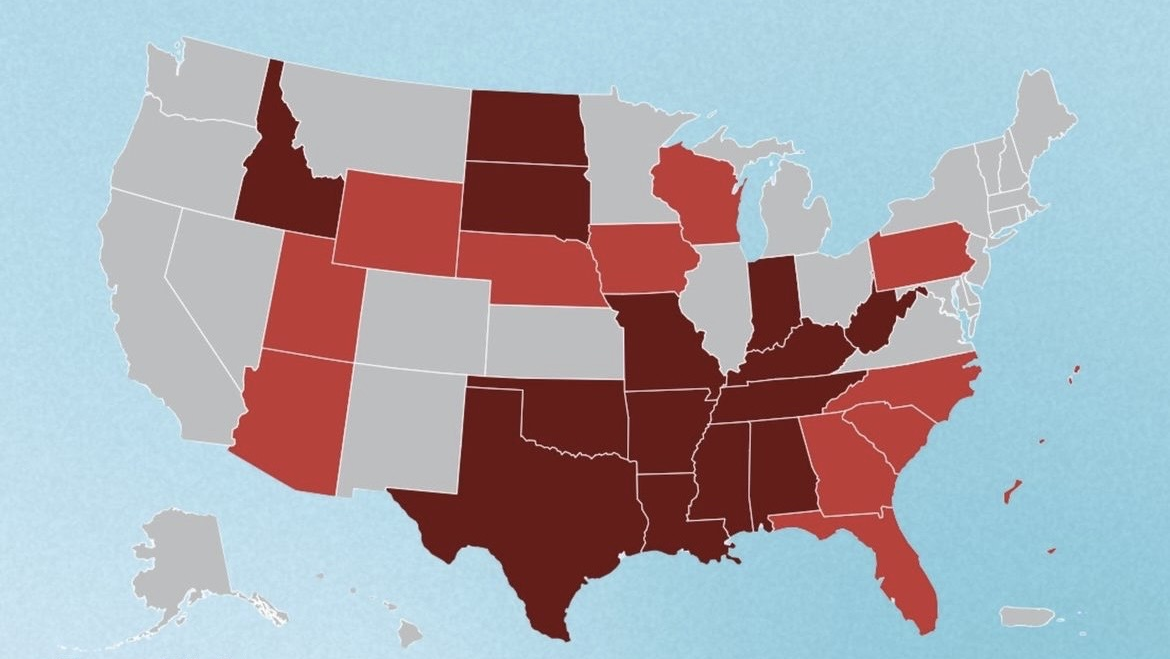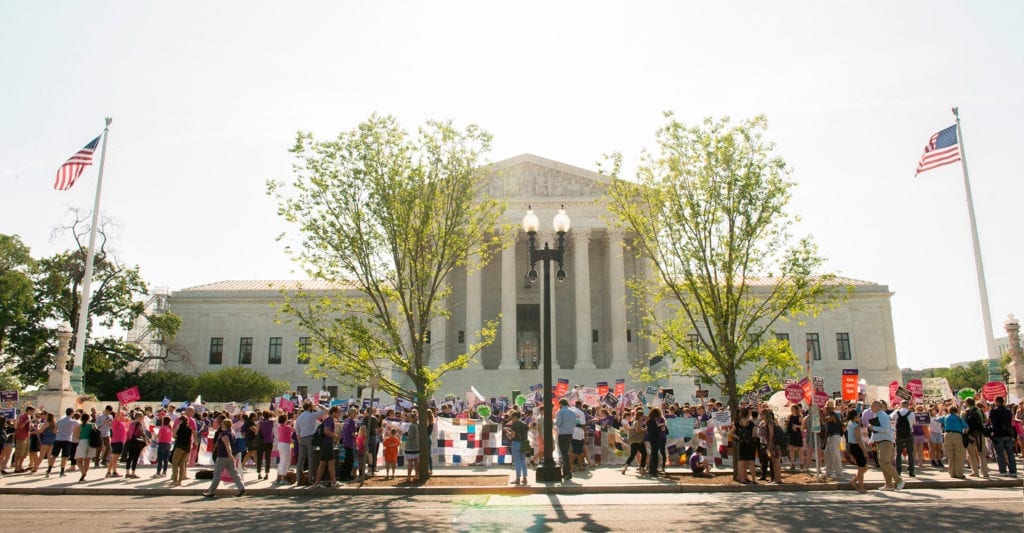U.S. Supreme Court Hears Its Second Major Abortion Case of the Term on April 24
Case will determine if states banning abortion can override federal law and deny pregnant patients emergency abortion care.

Case update, April 24: An audio replay and transcripts of the oral arguments can be found on the Court’s website here.
In its second major abortion case this term, the U.S. Supreme Court will hear oral arguments on Wednesday, April 24, in a case that could deny pregnant patients access to emergency medical care and further upend abortion access across the country.
The dispute concerns the State of Idaho’s near-total abortion ban, which conflicts with the Emergency Medical Treatment and Labor Act (EMTALA)—a federal law that requires hospitals to provide “stabilizing treatment”—including emergency abortion care—to patients seeking care in emergency rooms.
Replay now available: U.S. Supreme Court Arguments: Wednesday, April 24
Listen to the audio replay of the arguments in Moyle v. United States and Idaho v. United States on the Supreme Court’s website.
The U.S. Department of Justice (DOJ) is suing Idaho, arguing that the state’s abortion ban conflicts with EMTALA, since the ban prevents Idaho hospitals from stabilizing patients in need of emergency care. The lawsuit will decide whether Idaho hospitals are obligated to treat pregnant patients facing dire medical conditions—or whether state abortion bans can override EMTALA’s protections.
The arguments, beginning at 10 a.m. EDT, will be streamed on the Court’s website.
Currently, Idahoans experiencing dangerous pregnancy complications have no federal protections for stabilizing medical care, since in January, the Court allowed the state’s abortion ban to override EMTALA while it considers the case.
The Center for Reproductive Rights submitted an amicus (“friend of the court”) brief in the case on behalf of pregnant women in states with abortion bans who were denied or delayed stabilizing abortion care while experiencing obstetrical emergencies. The brief argues that although states with abortion bans often have “exceptions” for people who experience life-threatening pregnancy complications, these exceptions do not, in reality, offer adequate protections.
About EMTALA
The Emergency Medical Treatment and Labor Act (EMTALA) is a federal law requiring hospital emergency departments to provide “stabilizing treatment.” Read about EMTALA protections here.
OB-GYNs Leaving Idaho Due to State’s Abortion Bans
Idaho’s abortion bans have already created a public health crisis in the state, with OB-GYNs leaving the state and hospitals closing their labor and delivery wards. Three Idaho hospital labor and delivery departments recently closed, and the state is seeing the expansion of “obstetric deserts,” requiring people to travel long distances to receive prenatal care or to deliver.
According to a report by the Idaho Physician Well-Being Action Collaborative, Idaho lost 22% of practicing obstetricians since its abortion bans took effect.
After Roe Fell: Abortion Laws by State
Half the U.S. states ban or severely restrict abortion. Idaho is one of 14 U.S. states where abortion is now illegal.
Center Challenging Idaho’s Abortion Bans in a Separate Lawsuit
In September, the Center filed a case against Idaho seeking to clarify and expand the medical exceptions to the state’s abortion bans to ensure physicians can provide abortion care to preserve a pregnant person’s health and safety.
The case, Adkins v. State of Idaho, was brought on behalf of four women who were denied medically necessary abortion care in their home state; two Idaho physicians who provide obstetrical care; and a professional membership organization consisting of Idaho physicians, medical residents and medical students. The case is working its way through the courts.


